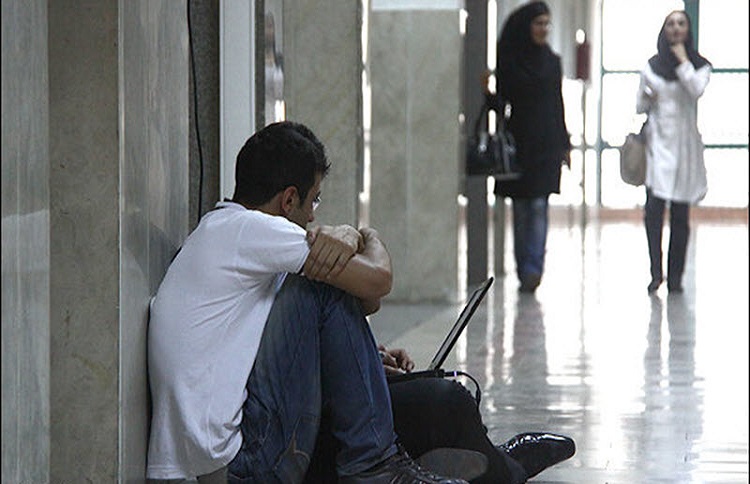
By Pooya Stone
Unemployment is one of the biggest crises facing Iran at the moment, especially because many unemployed people are university graduates.
In January, Omid Ali Parsa, the head of the Statistical Centre of Iran, said that the number of unemployed university graduates had increased, with 40% of unemployed people having a degree of some sort.
Of course, Iran is not a meritocracy. It doesn’t matter how smart you are or how hard you work because all the good jobs go to relatives, friends, or acquaintances of members of the Iranian Regime. The Regime is filled with cronyism and corruption, something that will never change under the rule of the mullahs.
#Iran: The Flood Is Over but the Unemployment Crisis Is Not
t’s been one and a half months since the floods, but the horrific consequences on Iran’s economy and employment is still ongoing.https://t.co/B69hzCwpJQ pic.twitter.com/MMGQAbJivl— NCRI-FAC (@iran_policy) May 9, 2019
There are many reasons for the high unemployment rate among university graduates in Iran including, but not limited to:
- Not enough statistics and detailed information on supply and demand for workers in various fields of study, which means students choosing fields that there is not much demand for
- Lack of coordination and communication between labor organizations and centers of higher education to identify workforce needs
- Education is often purely theoretical and there is little training in practical and applied fields, especially in the more technical-engineering and agricultural disciplines
- Too many students admitted to the various scientific centers affiliated with Iran’s higher education system with no mind paid to the country’s labor market needs.
- Too many students admitted onto humanities courses when those graduates are oversaturated in the labor market, which means they’re less likely to find a job
- An increased culture of credentialism, which means that many graduates want to work in office jobs
- Not enough attention paid to graduates’ status of employment in the private sector, even though this sector can play a central role in attracting graduates
- Not enough opportunities for graduates in non-industrial and less developed areas in Iran
- Young people choosing to continue their education further in an effort to get better jobs, as a result of Iran’s high unemployment rate, which means postponing their employment
Iran News Wire wrote: “In addition to these, the lack of a comprehensive plan to improve the employment status of graduates in the country, the high level of risk-taking in the economy, the prevalence of university academics with multiple jobs, the tendency of most graduates to work in the public sector are also among other factors that contribute to unemployment in Iran.”


